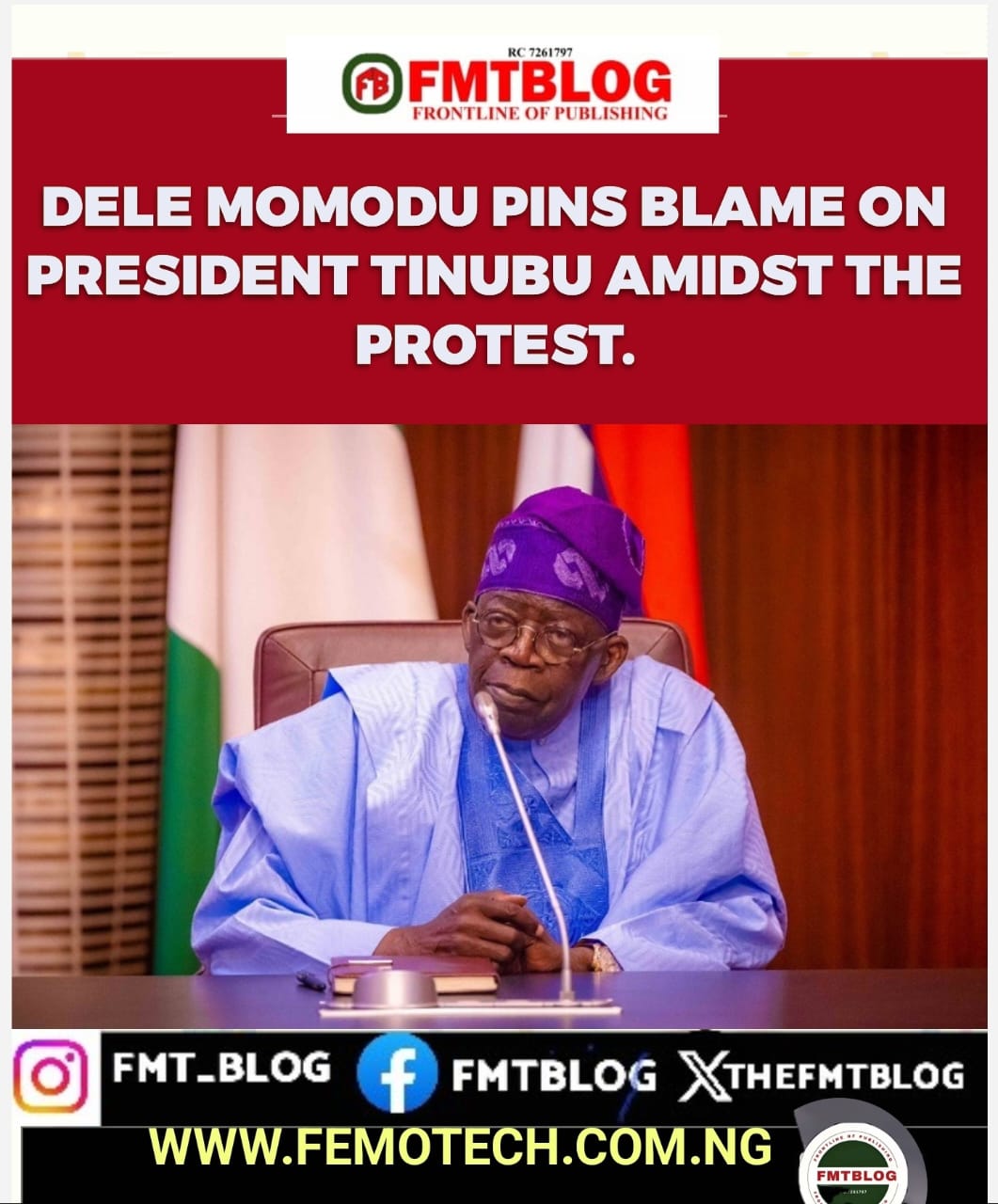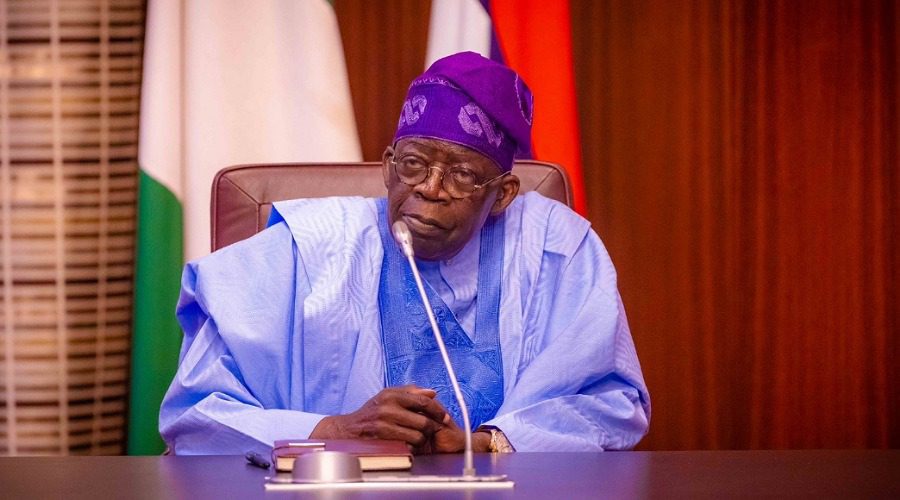
In an unexpected turn of events, veteran journalist Dele Momodu has attributed the recent wave of protests to President Tinubu.

Dele Momodu, a household name in journalism and an influential commentator, has recently pointed fingers at Nigerian statesman Bola Tinubu, the root cause of the ongoing protests.
Known for his no-holds-barred approach, Momodu’s comments have reverberated across Nigeria, prompting an intense debate about the country’s political landscape.
Momodu identified the protests that rocked the nation from north to south as a direct result of what he suggested, which were Tinubu’s actions and decisions.
The veteran journalist believes Tinubu’s political maneuvers have led to the current unrest. This claim has generated a mix of support and opposition, proving how divisive this issue has become.
Momodu’s remarks were made public through his social media channels. He suggested that Tinubu’s alleged politicking is at the heart of the protests, going so far as to say, “You brought this upon yourself,” a phrase that has since become a talking point in political circles.
While one section of the populace sees merit in Momodu’s viewpoint, others have defended Tinubu quickly.
The latter group argues that such complex social unrest cannot be attributed to a single individual but is instead the result of deep-seated societal issues that need urgent resolution.
The unexpected criticism of Tinubu by Dele Momodu has sparked discussions about the current state of Nigerian politics. Whether or not Tinubu is to blame for the ongoing protests, what’s clear is that the country is in the throes of a significant upheaval. Only open dialogue, honesty, and action can lead to resolution.
Whatever the public’s perspective on Momodu’s comments, his statement has undoubtedly put the spotlight back on Tinubu and, by extension, the broader political establishment. As the debate continues to rage, one cannot help but reflect on the often intricate and tumultuous nature of politics in Nigeria.
This piece aims not to lay blame but to provoke thought. There’s a pressing need to address the growing unrest and dissatisfaction among Nigerians. The events of recent days underscore the urgency of political reform and accountability.
The objective is to move towards a Nigeria where power serves the people and not the reverse. A country where no citizen feels marginalized or neglected, where everyone feels heard. All parties involved must be ready to have difficult conversations and make necessary changes to reach that point.
In such turbulent times, the nation must unite to seek solutions leading to peace and progress. As the political situation unfolds, we hope that all parties involved will focus not on blame but on finding common ground and driving positive change for the Nigerian people.



